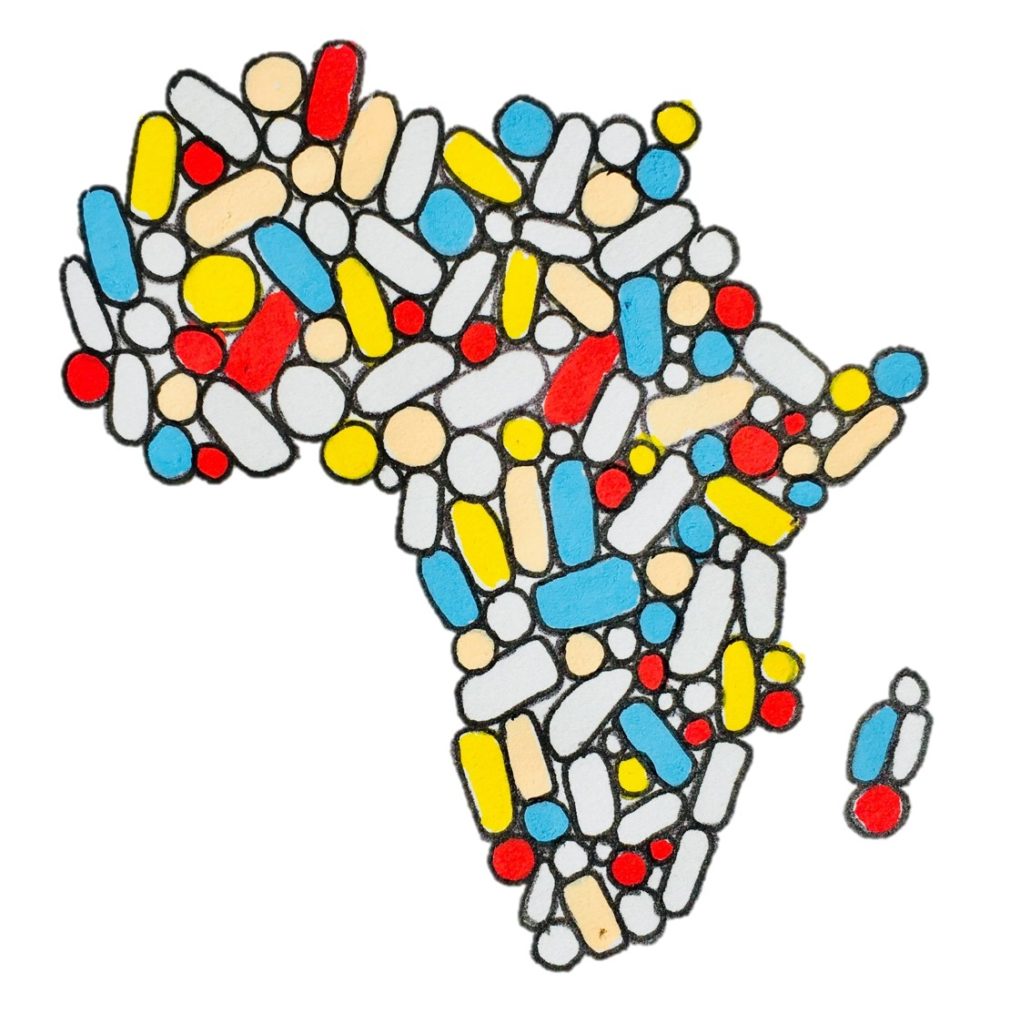African patients first
Understanding drug pricing

Finding solutions
The history of high drug pricing in Africa is a long-standing issue that has been compounded by a range of illegal practices by pharmaceutical companies. These practices have had a significant impact on millions of people across the continent, who struggle to access essential medicines due to their high cost. However, there are several potential solutions to this issue that could help to address the problem and improve access to healthcare in Africa.
Increase competition within the pharmaceutical industry.
The sector is currently dominated by a limited number of multinational corporations, which reduces competition and enables them to charge costly prices for their products. It is possible to improve competition and lower prices by encouraging the use of cheaper substitutes and supporting local manufacturing of essential medications.
Addressing corruption within the healthcare sector.

Above are some of the solutions
The high cost of drugs in Africa is mostly a result of corruption, as pharmaceutical firms frequently use bribes and other illegal methods to obtain contracts and approvals. It is important to ensure that only safe and effective medications are licensed for use and that they are priced fairly by acting against corruption.
Improving transparency in the pharmaceutical industry
Additionally, there is currently a lack of transparency in drug pricing, which makes it challenging for customers and medical professionals to know how much drugs cost and how they are priced. It is necessary to make sure that prices are fair and reasonable by requiring pharmaceutical businesses to reveal how they set their prices and the factors that affect how they set prices.
Investing in healthcare infrastructure and increasing funding for essential medicine
Many African nations lack the resources and infrastructure required to provide their citizens access to essential medications. It is necessary to guarantee that everyone, regardless of their socioeconomic situation, has access to and can afford the medication they require through investing in the healthcare infrastructure.
New Legon Teachings Hospital, Ghana

African patients first
Understanding drug pricing
